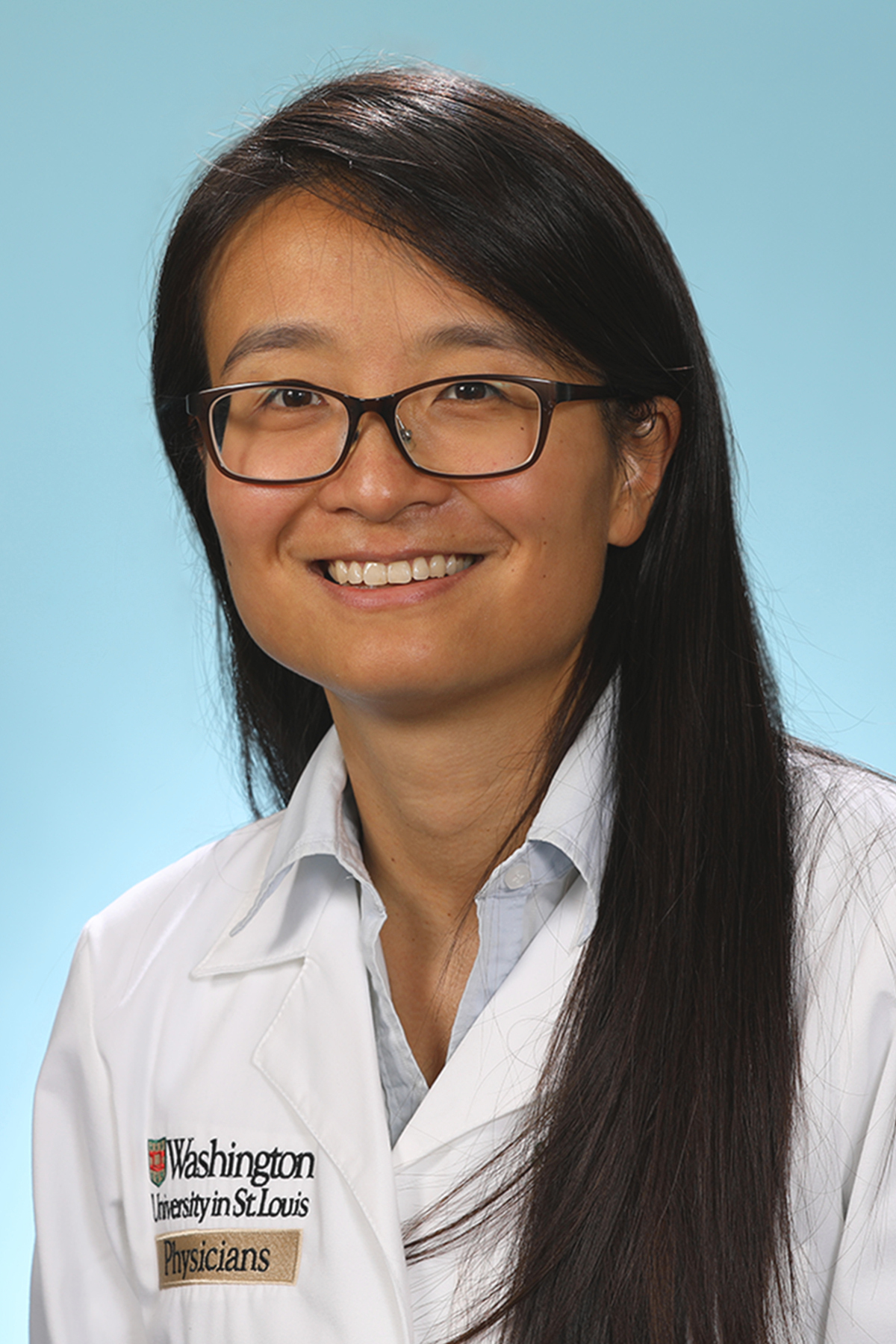Intelligent Clinical Decision Support for Perioperative Blood Management
 Sunny Lou, MD, PhD
Sunny Lou, MD, PhD
Instructor in Anesthesiology
Washington University in St. Louis
St. Louis, MO
Sunny Lou, MD, PhD, is resolutely focused on discovering the potential in the multitude of data collected in the specialty of anesthesia and how that data might be used to change behaviors and ultimately improve clinical care. This dedication earned her a 2022 IARS Mentored Research Award (IMRA) for her research project, Intelligent Clinical Decision Support for Perioperative Blood Management. An instructor in anesthesiology at Washington University in St. Louis, Dr. Lou is hoping her investigation will unravel a small piece of that puzzle by focusing on perioperative blood management, specifically by more accurately estimating patient blood needs during surgery. Below, she shares her vision for this research, how she anticipates this award will impact this field of study and her career as a junior investigator, and her hopes for the future.
1. What drew you to the anesthesiology specialty?
I really like physiology. I like the instant gratification of doing a procedure and seeing immediate effects of that intervention. I like how much data there is in it. This is a specialty that collects a lot of physiological data. I’m interested in getting involved and leveraging that data for support of patients.
2. What drew you to this area of research?
There is a clinical need. During the pandemic, I was involved in a lot of quality improvement projects. There was a shortage of blood during the pandemic and there is a big need for innovation in this area. I got involved in looking for strategies to minimize blood waste units. The goal is to waste less blood products in general. It costs money to acquire blood units and this research could potentially save money and improve clinical care. Data science can more accurately estimate if a patient will have a need for blood during surgery.
3. What are the goals you most want to accomplish in your work?
It would be really great if this research could impact clinical practice and encourage people to change their behavior. That is the ultimate goal – to get people to change their behavior and try to make smarter decisions in our blood needs. There are a lot of hurdles in between and I am working on all of that.
4. What is the potential impact of your research on the field of anesthesia?
The ideal scenario would be cost savings and eliminating over testing in our preoperative patients. It would also potentially reduce typing screens that need to be ordered. The research would potentially avoid wasting blood which is a limited resource in the United States.
5. How do you feel about receiving the IARS Mentored Research Award?
It is definitely a big honor and will make a big difference for my career. The award will provide me with protected research time and develop my career as a junior researcher. It also gives me resources to hire people to help me with the informatics and analyzing the data. It also gives me the mentorship resources I need to develop skills in new areas.
6. How will this award affect your research/professional trajectory?
Being able to have protected research time as a junior investigator is really important and the fact that this award guarantees that time is really helpful.
7. Is there anyone else you wish to acknowledge as part of this research team?
My mentors have been helpful. My mentor Thomas Kannampallil has been very helpful to my success. My second mentor is Michael Avidan. I really appreciate their support.
8. What might someone be surprised to know about you?
My name in Chinese actually means entropy. I think that was a mistake, but it’s an interesting beginning to have such a chemistry focused name.
9. What is your vision for the future of anesthesia research?
In general, using big data and data science has a lot of potential. We have a lot of potential to use the clinical data we collect to improve clinical care. How to make good decisions and unbiased decisions is still a major challenge. The potential is there, but there is a lot of work to be done still.
“It would be really great if this research could impact clinical practice and encourage people to change their behavior. That is the ultimate goal – to get people to change their behavior and try to make smarter decisions in our blood needs. There are a lot of hurdles in between and I am working on all of that.”
– 2022 IARS Mentored Research Award Recipient Sunny Lou, MD, PhD
International Anesthesia Research Society
